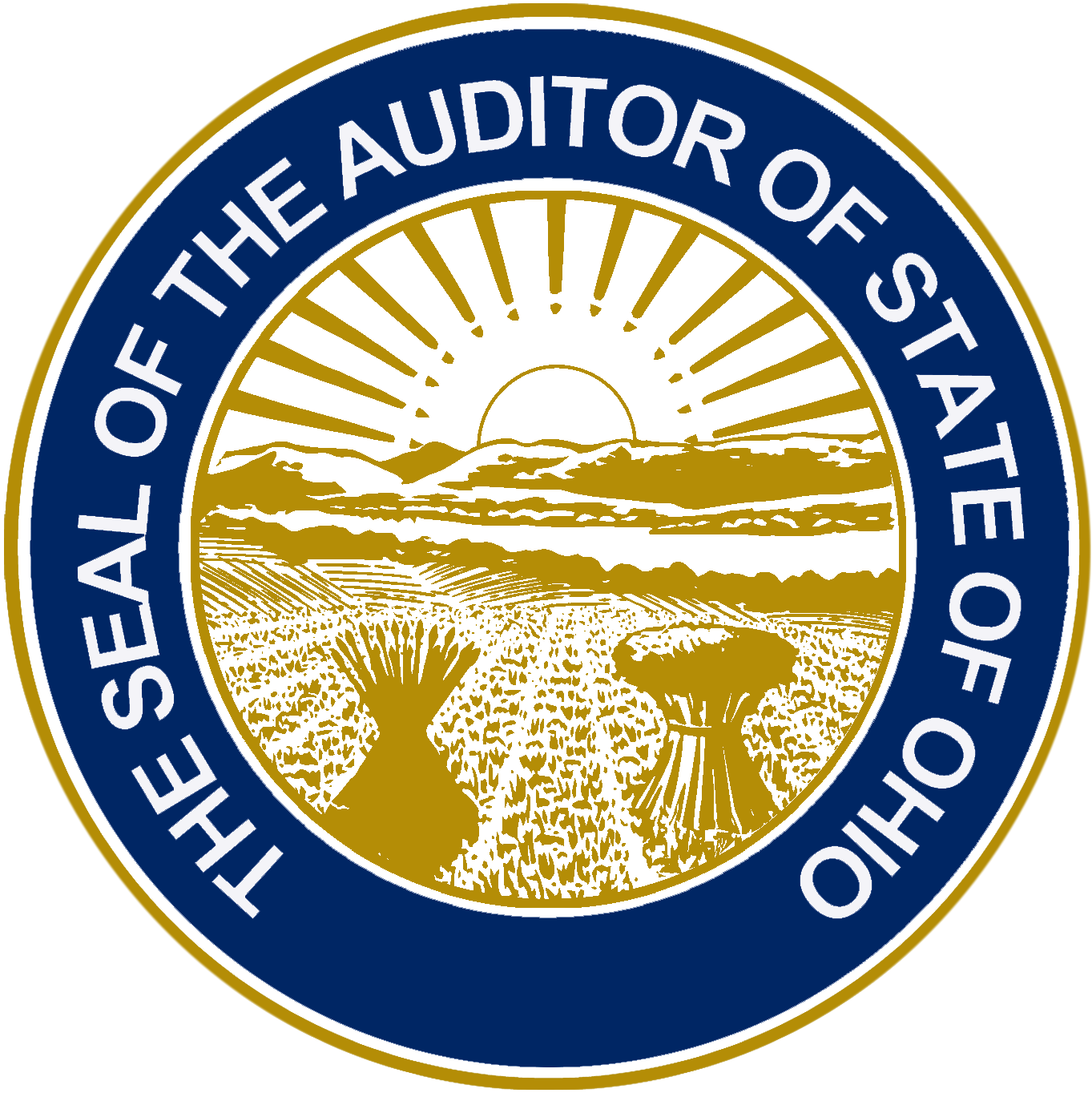
Press Release • Ohio Auditor of State
Auditor Yost Recommends Changes in ODOT Fuel Use
Implementation Could Save Taxpayers $800,000 Per Year
Columbus – Taxpayers spent an extra $3.3 million over the last four years to pay for ODOT’s mandated use of biodiesel fuel in its vehicles, according to a performance audit interim report released by Auditor of State Dave Yost.
“While the intentions of using biodiesel are good, government must be cost-effective,” Auditor Yost said. “The option to return to regular diesel fuel ensures that taxpayers receive the best value for their dollar.”
The Ohio Revised Code mandates that all state agencies, including the Ohio Department of Transportation (ODOT), use a blended biodiesel fuel. The fuel consists of 20 percent soybean derived oil and 80 percent traditional diesel fuel. ODOT uses significantly more biodiesel fuel than is mandated by statute. In 2011, ODOT used 2,568,359 gallons of biodiesel, or 202.4 percent of its yearly mandated amount of 1,268,983 gallons.
In an interim report issued to ODOT Director Jerry Wray, Auditor Yost recommends that the Ohio General Assembly revise the requirement that state agencies use biodiesel fuel in lieu of regular diesel fuel. During calendar year 2011, entities, including ODOT, paid $0.36 more per gallon for biodiesel fuel than they would for regular diesel. Ohio’s mandate requiring the use of the more costly biodiesel fuel adds an unnecessary $800,000 to fuel bills each year. Auditor Yost also recommended that ODOT discontinue its practice of using more biodiesel fuel than what is required by the Ohio Revised Code. The interim report recommends the statute be permissive to allow management to decide when it is cost-effective to use biodiesel fuel.
The Ohio Department of Transportation is one of the first four state agencies to undergo performance audits conducted by the Auditor of State’s Ohio Performance Team, as mandated by Senate Bill 4. Other state agencies currently undergoing performance audits are the Ohio Department of Education, the Ohio Department of Job and Family Services, and the Ohio Housing Finance Agency. Full audit reports of all agencies are expected to be released later this year.
View a full copy of this report.
###
The Auditor of State’s office, one of five independently elected statewide offices in Ohio, is responsible for auditing more than 5,600 state and local government agencies. Under the direction of Auditor Dave Yost, the office also provides financial services to local governments, investigates and prevents fraud in public agencies and promotes transparency in government.
Contact:
Carrie Bartunek
Press Secretary
614-644-1111